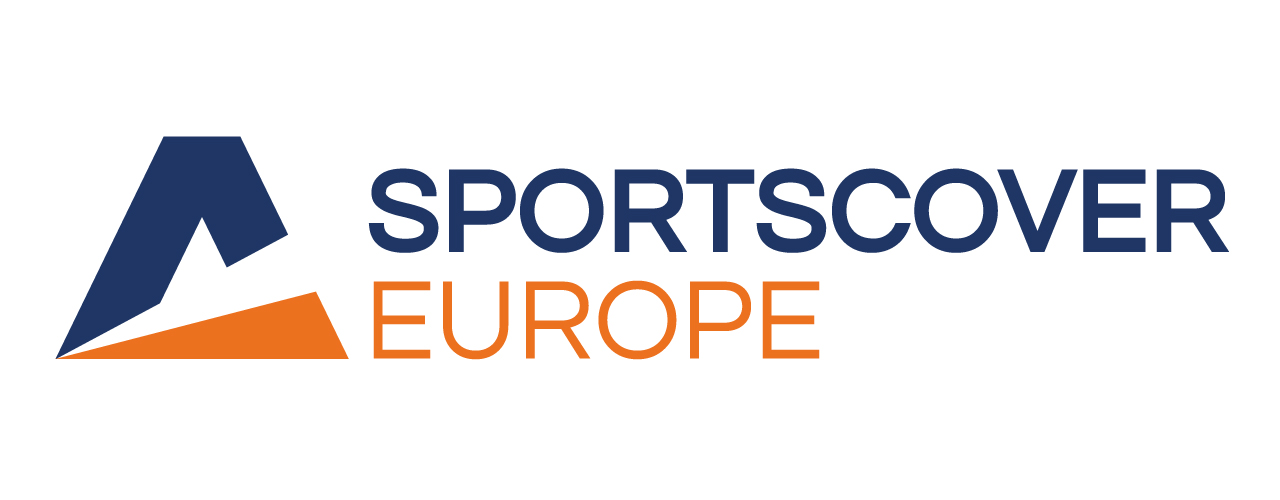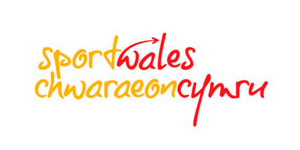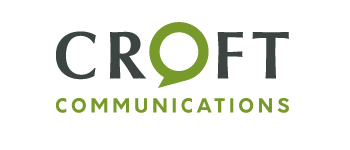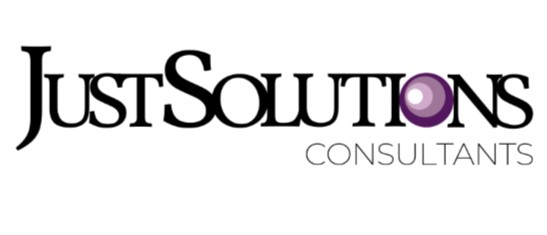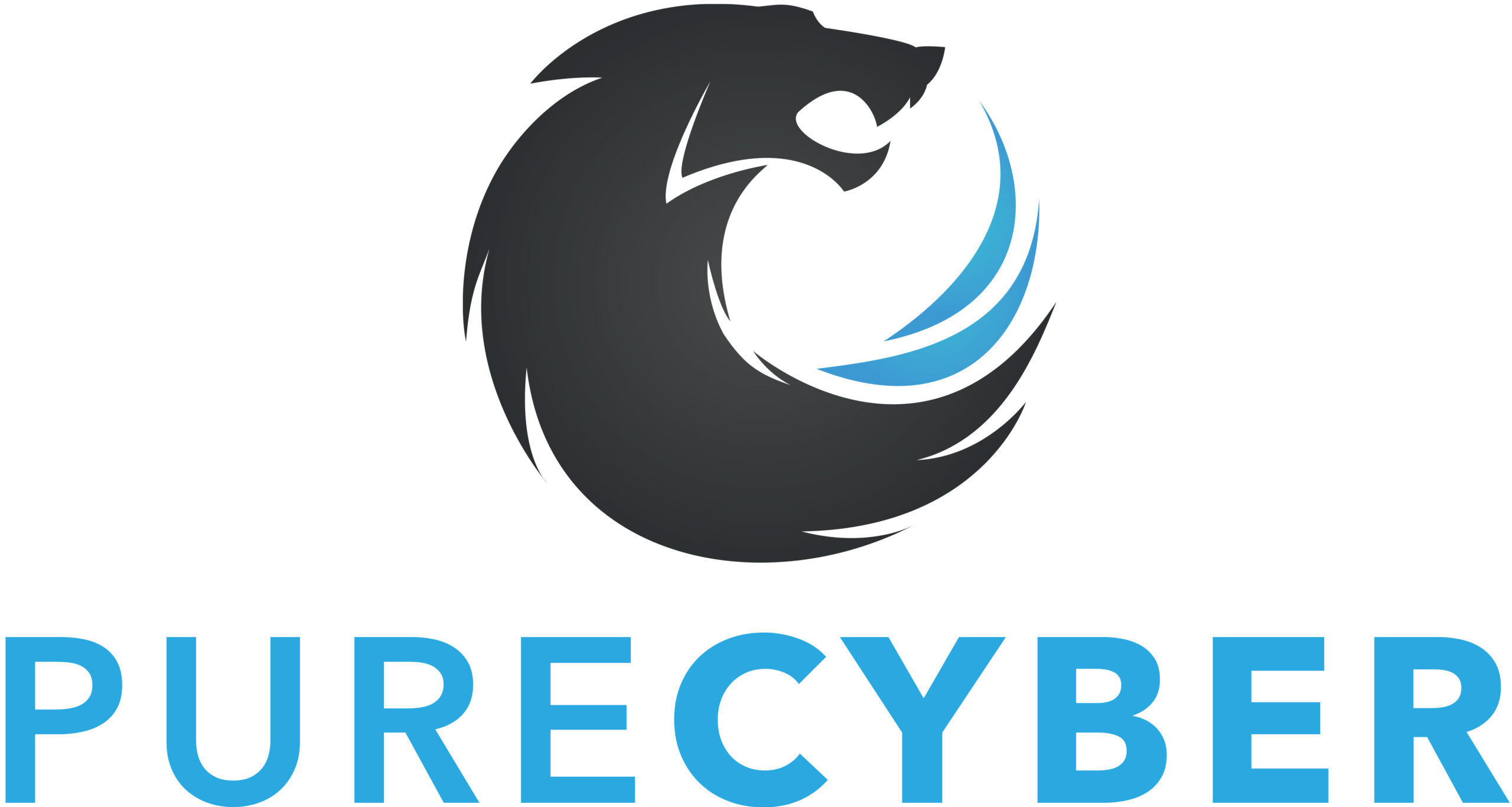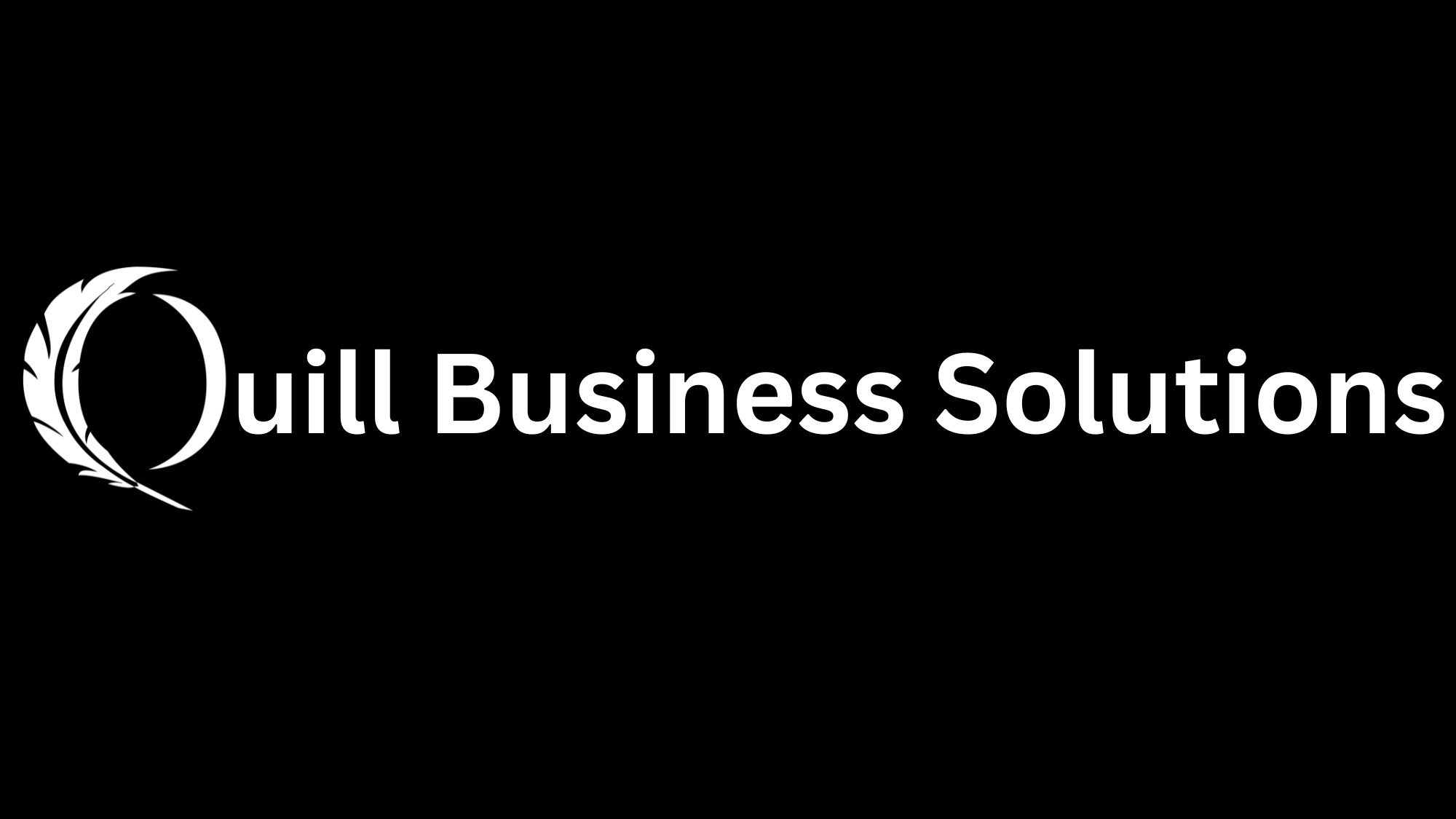Reflecting on last week’s International Women’s Day, Jan Hughes, Director of Acorn Executive Search, shares her thoughts on getting more women involved with sports boards…
As a stellar year for Welsh sport, 2018 saw numerous accolades for Welsh women, including Tanni Grey-Thompson, one of the most successful Paralympians of all time, receiving a lifetime achievement award; and Wales women’s national football team manager Jayne Ludlow crowned ‘Coach of the Year’. But with women’s participation in sport and physical activity consistently below that of men, what more we can do to put women front and centre when shaping the future of Welsh sport?
The recent success of the launch of the movement to promote the profile, leadership and opportunities for women in sport in Wales #WatchHerGo, has highlighted that visibility is key for inspiring and empowering women to participate and achieve in sport – we can’t be what we can’t see. Moving more women in decision-making roles in sport requires a culture change at all levels, the evidence of which we are beginning to see and are proud to be a part of.
Acorn formed a strategic partnership with the Welsh Sports Association (WSA) in 2017 and since then we have worked with governing bodies to strengthen their boards with voluntary directors. To illustrate just a couple of many examples, with our assistance, Swim Wales has appointed seven new Non Executive Directors (NED) to achieve a gender equal board, and cement its commitment to growing diversity. Other governing bodies such as Wales Rugby League have also made great strides when getting women into senior roles, but with the aspiration for all sports boards to achieve 50:50 by 2020, there is clearly still much more to do.
Women in Sport’s 2018 audit of the sector found evidence that the pipeline of women entering senior leadership roles across the UK has stalled, indicating a need to redress the gender imbalance from the ground up and create an inclusive culture where both women and men thrive. The report revealed a clear gap in terms of how women and men feel toward evidence of discrimination in the workplace, only 46% of women surveyed agreed that there is a fair and equal treatment of men and women in their organisation, compared with 72% of men. The lack of recognition of the issues experienced by women in the workplace is stark, highlighting how far we’ve yet to travel.
During our partnership with the WSA, we have so far assisted with the placement of over 40 non-executive board members, but interestingly, a much smaller proportion of those applying for board roles in sport have been women. This imbalance is clearly indicative of a much broader societal issue. There remains a deep-rooted cultural bias that assumes men are more interested in sport and careers, adding to the erroneous feeling that a sports workplace is a man’s world.
With this in mind, we have looked for ways to make job advertisements more attractive to a more diverse audience. Developing supportive digital marketing campaigns and advertising roles on a strategic variety of job boards has been key to our success in building a large portfolio of individuals, many of whom have expressed interest in NED roles. The vacancies have become visible to a much broader audience than previously, but we still need to amplify our message further and encourage more women to apply for these roles.
You don’t need to be sporty to be involved in a sports board – you don’t even need a pair of trainers. It is crucial to have a wide range of backgrounds, experience and skills represented within sport at the top level. And this isn’t just important for the sake of improved gender representation; diversity at senior levels has been proven to have a tangible impact on business success, with various studies supporting an increase in overall business performance, productivity and profitability. Research also shows that gender diversity in the leadership pool means greater diversity of thought, which, in turn, leads to improved problem solving, and anecdotally, my clients tell me that their boards are better as a result of the contribution of women.
The benefits to being a voluntary board member are vast – from opening doors to further opportunities, building confidence and offering the chance to make key business contacts. For women to occupy their rightful place in leadership roles, it is vitally important that attitudes to equality must change from grass roots participation through to the board, in order that these values are embedded and for progress to be sustainable.
Jan Hughes
Director for Acorn Executive Search Division
With close to 30 years’ experience of running executive search and selection (‘head hunt’) campaigns across various industry sectors including both public and private sector, Jan is ex-MD of a recruitment company with a peak turnover of £1.5 million and over 20 employees. She remains passionate about seeing more women in senior roles and works closely with high-level clients to make this a reality.
For more information visit our Acorn Executive Search partner page



